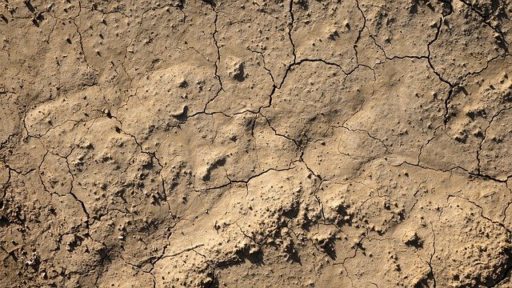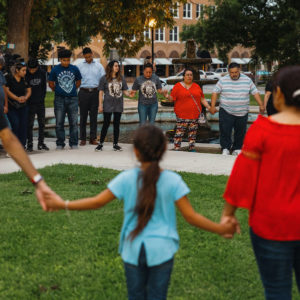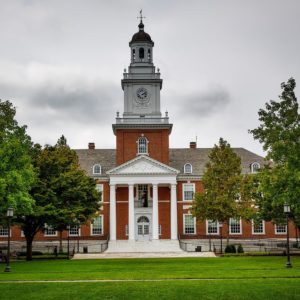My twin three year-olds have taken their little hoes with painted metal blades to hack away at the slope above our drive. They have on primary-color rain boots, baggy pants, and shirts. They look like peasants laboring on a Crayola plantation. They are tilling red dirt bordered by a cedar and oak on one side, a dogwood on the other. Nothing will ever grow there. It’s why there’s no grass. They don’t even have seeds. What will my little Kodachrome crew sow, M&Ms?
I watch them toiling in their blissful ignorance, contented to break soil that will never yield a crop. I feel like I’m witnessing something important, but I can’t lay my finger on what it is. I’m deep into a Manhattan, my feet propped on the deck after a day of painting that’s left me aching from stem to stern. I mostly choose bourbon over Tylenol these days. To protect my liver, you see, because drugs or not, come six o’clock I’m drinking. I am a responsible drinker this way. A steady and responsible drinker.
I am witnessing something on that hill that I cannot put into words. The light that finds them beneath the cedar is golden and their hair shines and they are contented in their fruitless labor and I am witnessing something no one else sees. If I don’t capture it with pen or camera it will be lost as, I have come to believe, I am lost.
But my phone with its smudgy little lens is in the house, and I stopped carrying a notebook years ago. I am finally in a painless state. The light is changing, their work is nearly done.
As my children till the barren hillside in a kind of faith, the verse comes to me unbidden: “… for the kingdom of heaven belongs to such as these.” Now what am I supposed to do with this?
Their mother has been teaching them the Beatitudes. They mumble back to her—incoherent and broken words, but with care, like they are handling something holy. She teaches them hand motions to enact the meek inheriting the earth, the peacemakers becoming children of God, the mourners being comforted.
Maybe that’s why they like it, because they get to do something. It’s a torment to children, sitting still before God. No wonder church felt to so many of us like hell. I read that Christopher Hitchens had in his head, likely from some miserable churchman of his captive youth, that heaven is an eternal church service. No wonder he hated the idea. Some theologians embrace the Eternal Church Service theory. They say they’re excited about it. They talk about it like it will be the equivalent of the Entertainment in David Foster Wallace’s Infinite Jest, a sight so entrancing that you can’t look away. You remain transfixed before it until you starve to death. Only in heaven, of course, your body can never die.
Jesus God, what a nightmare. I consider my children where they till the dead earth. I remember now my oldest boy, when he was their age, cheerfully painting an unused wall in the 100-degree attic I was flooring. I recall his sister before him, dead now these 21 years, helping me mound a sandcastle the ocean waves would soon batter into non-existence. Pat pat pat went her hands on its useless bulwark. Pat pat pat with her small hands that would never grow large.
There is a liturgy of suffering that engrains my bones. The seasons of this life inhabit me. When I was young, what I first learned were the literal seasons: Spring brings hope, summer joy, fall coziness, winter magic. But life has shown me seasons within the seasons. Each loss returns to me in its appointed time, and I remember not because I mark the tragedies on my calendar, but because my body remembers by the slant of light or the smell of dying grass and so it mourns. My body mourns and I have no choice but to observe as a man who bears something like faith.
And what to make of those little boys on their barren hillside, toiling in unreasoned labor? What might they be sowing, if not hope? And who can say where hope, no matter the soil in which it roots, might not yield fruit? None can foresee what it might become in a shadowed and barren soil. None can know what will become of him in the tilling.
Tony Woodlief lives and writes in North Carolina. His short fiction has appeared in Image, Ruminate, Saint Katherine Review, and Dappled Things, while his essays about parenthood and faith have appeared in The Wall Street Journal, Comment, and The London Times. He runs a website for fathers called Intentional Fathering, and can occasionally be found on Twitter.





